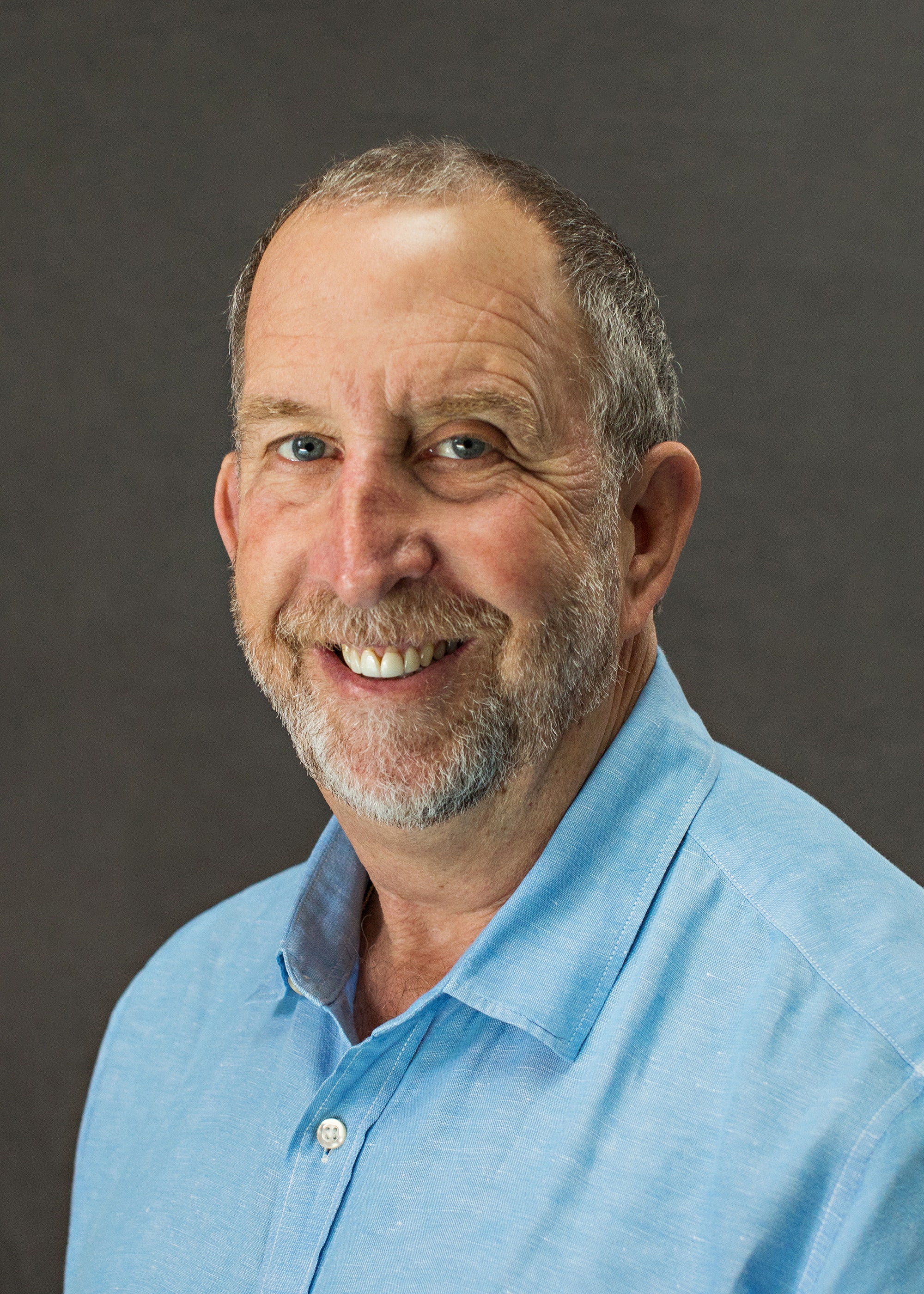First do what is necessary, then what is possible, and suddenly you are doing the impossible. – Saint Francis of Assisi
This quote is one of my favorites. It inspires us to reach for what seems unreachable when in fact, many times, what is “impossible” is just a limited frame of mind. Mankind’s history of impossible feats and accomplishments is so far-reaching that we seem to take them for granted, and in doing so, we make excuses for other current “impossible” challenges that limit the lives of tens of millions of our peers worldwide.
Mankind has an extended list of personal, technological, medical, and other impossible solutions to the world’s limitations throughout history. The Egyptians building the pyramids with no machinery and limited engineering capacity. Impossible? Johannes Gutenberg creating the printing press to bring the printed word to the masses. Impossible? Edward Jenner developing the smallpox vaccine, which successfully eliminated an illness that had claimed approximately 500 million lives in the 20th century alone. Impossible? Other unbelievable medical achievements at the time include anesthesia, penicillin, antibiotics, insulin, heart and full facial transplants, and the human genome project, just to name a few. Impossible? The Wright Brothers had the first successful “heavier than air flight” in 1903, followed by Lindbergh’s transatlantic flight (1927), men on the moon (1969), and now our international space station. Impossible? Edmund Hillary reaching the peak of Everest, Roger Bannister breaking the four-minute mile, Jackie Robinson breaking the color barrier, and Jim Abbott with only one hand pitching in the major leagues and throwing a no-hitter. Impossible? The lightbulb, the automobile, the television, the personal computer, harnessing nuclear energy, 3D printing, and the iPhone. Impossible? Wind and solar power replacing more traditional and environmentally harmful power resources. Impossible?
Let us strive for the impossible. The great achievements throughout history have been the conquest of what seemed the impossible.” – Charlie Chaplin
Given what mankind has been able to overcome through the centuries, today’s local and global challenges are not “impossible” to overcome. In most cases, it doesn’t take some technological or medical breakthrough but rather a willingness to commit the resources and, in some cases, modify our current lifestyles now to protect our children’s futures.
Climate change is no longer a question — just look at the recurring and growing natural disasters worldwide. The real question is: Are we willing to commit to water conservation, elimination of the gas guzzlers we drive and pollution of our air, and are we willing to commit to the cost associated now with renewable energy without using the continuing excuse that “we won’t do it until China does”?
Access to better public education is not impossible. But it will require budgetary reprioritization to compensate teachers better to attract the best, mandate smaller class sizes, and provide much better support for remedial and enrichment learning opportunities. How can cities such as Detroit and, just recently, Jackson, Mississippi, allow their citizens to be subjected to undrinkable public drinking water? It doesn’t take some great breakthrough to provide these cities of predominantly African-American citizens to have the same drinking water as communities of much more affluence.
Food insecurity, both in this country and worldwide, does not take some impossible solution. It takes the willingness to prioritize basic food access to all humans, which once again makes other so-called “priorities” move way down our local, state, and federal budgetary lists. The same can be said for universal access to adequate health care — the Affordable Care Act was the start but not the final solution. We could have universal healthcare access tomorrow in this country if we just stopped making excuses and made it a priority.
Lastly, affordable housing does not need an impossible solution. This country’s “working poor” are often used to spending 50-70 percent of their paycheck on housing. Once again, this is a priority solution — not an impossible breakthrough. In seeking the impossible, we often need to understand and overcome our limitations, priorities, and prejudices. It is as simple and complex as that. spt







Comments